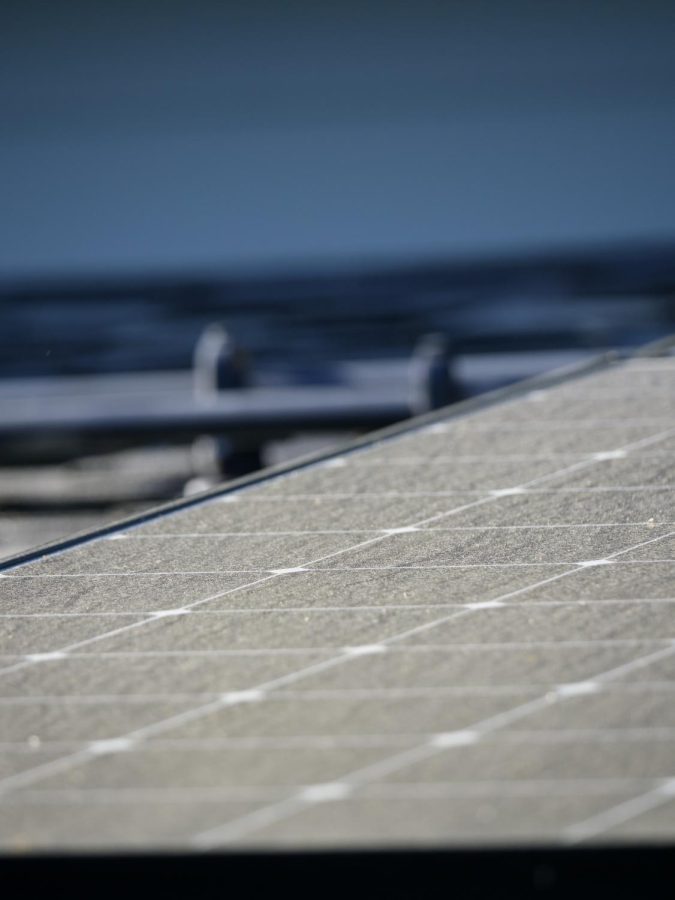Solar Panels Could Come to Upper Campus
May 2, 2023
To go to battle against a monster of its own creation, mankind has spent the last 50 years desperately searching for a sustainable energy source that can begin to combat the horrible effects of climate change.
In a sea of solutions that have fizzled out, failing to gain traction in the energy industry, solar panels have surged in popularity for both commercial and personal use.
Their ability to harness the power of the sun and to produce clean energy have been driving factors in their push to the top of the sustainable energy pyramid.
The idea of solar panels dates back to the 19th century when French physicist Edmond Becquerel discovered the photovoltaic effect. The first commercial solar panel was produced by Bell Labs in 1954, and since then, solar technology has advanced significantly.
Solar panels are beneficial to our society as they are a source of clean, renewable energy. Because the panels solely rely on the sun for energy, they do not require any fossil fuels that would release harmful emissions.
On the economic side, solar panels significantly reduce electricity bills for homeowners who install them, and in some states, there are even monetary incentives offered for home and business owners to switch to solar.
At Pinewood, both Lower Campus and Middle Campus are equipped with solar panels. The panels were put on Lower Campus when the campus was constructed, and were added to Middle Campus during an extensive renovation.
“Our main benefit of solar panels is that they are sustainable,” Pinewood President and Head of School Scott Riches said.“The reason we didn’t put solar panels at Upper is that we don’t own the facility.”
Riches said a newly-signed lease on Upper Campus gives them more flexibility to make renovations. One of these upcoming improvements could very well be solar panels at Upper Campus.
Although there are many positives to solar energy, there are some sizable drawbacks as well. For example, solar panels cannot provide power at night. Additionally, the initial installation cost of solar panels can be high, although this cost can be offset over time by the energy savings they provide.
The technology’s benefits show that solar energy has made, it looks as though solar energy has made its presence known, and it has got its foot in the door. But only time will tell how the technology will develop to overcome its issues and to pave a cleaner, greener path, for the energy industry as a whole.







